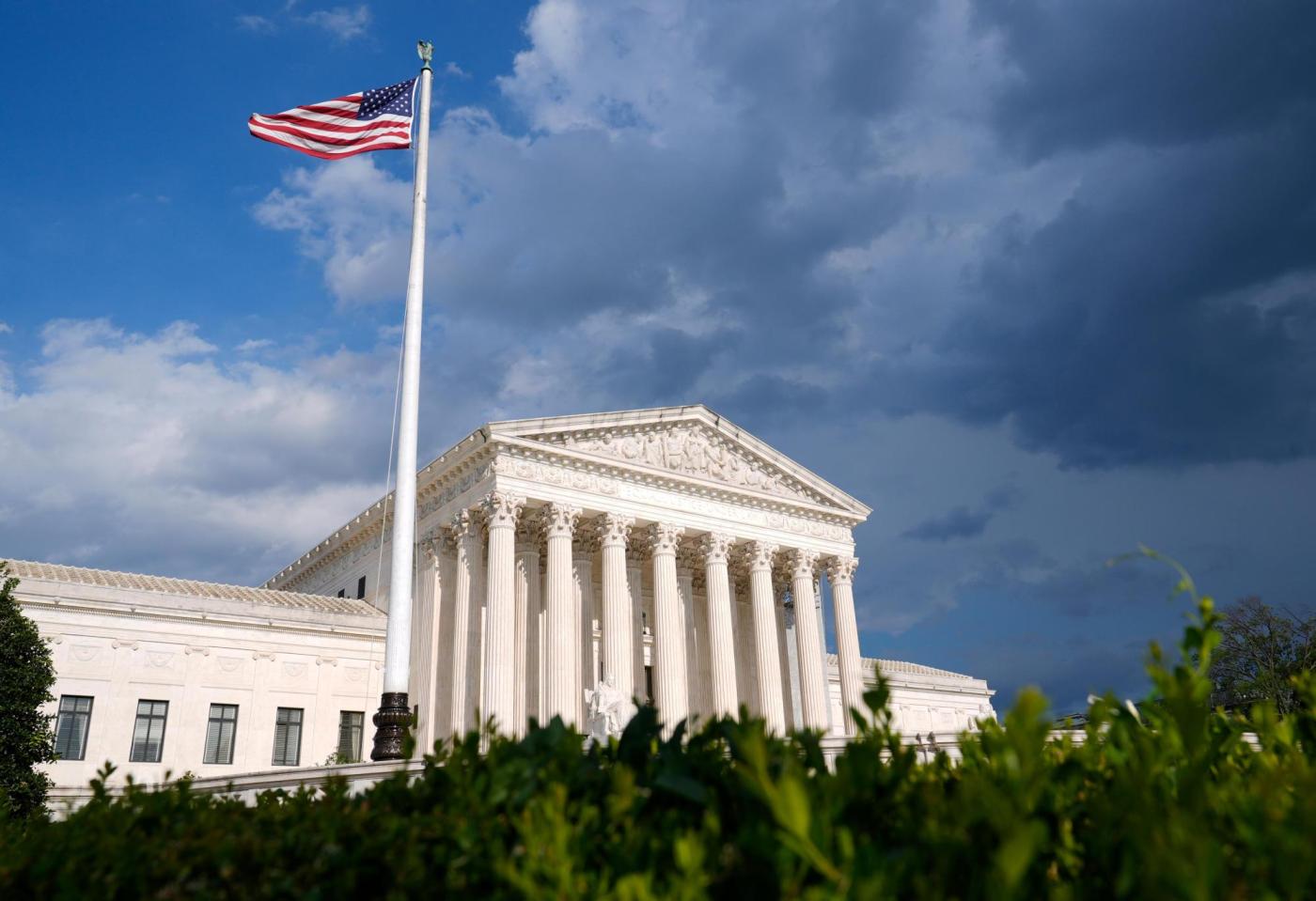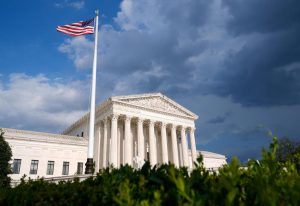
Truck driver can seek triple damages in lawsuit over THC content in CBD product, Supreme Court says
By LINDSAY WHITEHURST
WASHINGTON (AP) — The Supreme Court on Wednesday sided with a truck driver who wants to sue for triple damages over a CBD hemp product he says was falsely advertised as being free from marijuana’s active ingredient and resulted in him getting fired.
Related Articles
Supreme Court sides with the FDA in its dispute over sweet-flavored vaping products
US judge orders Trump administration to restore legal aid to unaccompanied migrant children
Federal judge dismisses public corruption case against Mayor Adams “with prejudice”
Wall Street swings in final hours of trading before Trump’s tariff announcement
Tesla sales drop 13% in first quarter as Elon Musk backlash, aging models hurt demand
The 5-4 opinion clears the way for the trucker to seek triple damages under an anti-mob law. It doesn’t decide his underlying claims that the product’s THC content got him fired.
Douglas Horn said he wanted to treat chronic shoulder and back pain after a serious accident. He chose the product because it was advertised as being free from THC, which gives marijuana its high. CBD is a generally legal hemp compound that is widely sold as a dietary supplement.
But lab tests taken after Horn was fired for failing a routine drug test confirmed the product did have THC, he claimed.
Horn sued the Vista, California-based Medical Marijuana Inc. and sought triple damages under the Racketeer Influenced and Corrupt Organizations Act, often known as RICO.
The company pushed back, disputing Horn’s account and saying he can’t sue for higher damages because he’s claiming a personal injury rather than harm to his business.
Horn says his firing was a business injury and he’s been financially ruined, and an appeals court allowed Horn’s claim to go forward.
Writing for the court, Justice Amy Coney Barrett said Horn had the better argument. “In short, a plaintiff can seek damages for business or property loss regardless of whether the loss resulted from a personal injury,” Barrett wrote for an unusual coalition that included her fellow conservative Justice Neil Gorsuch and the nine-member court’s three liberals.
Barrett also noted that the decision was no guarantee that Horn ultimately would prevail.
In dissent, Justice Brett Kavanaugh wrote that “RICO’s categorical exclusion of personal-injury suits” should have been enough to end Horn’s case.
Follow the AP’s coverage of the U.S. Supreme Court at https://apnews.com/hub/us-supreme-court.


